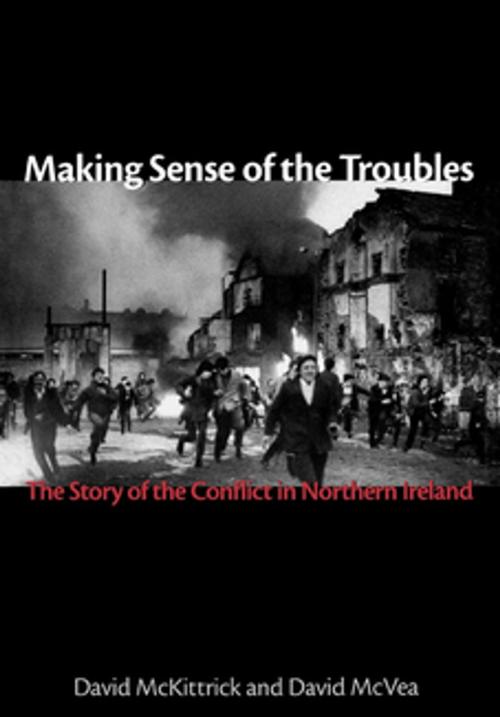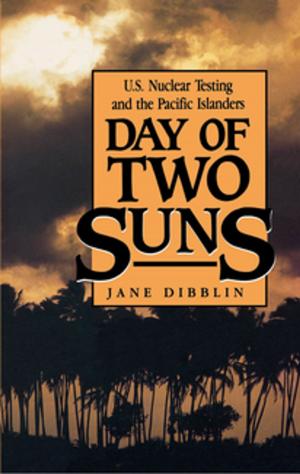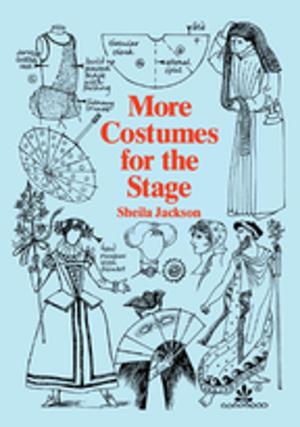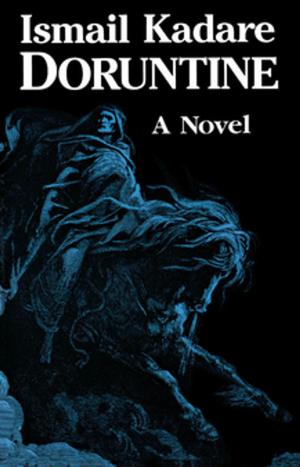Making Sense of the Troubles
The Story of the Conflict in Northern Ireland
Nonfiction, History, Ireland, European General| Author: | David McKittrick, David McVea | ISBN: | 9781461663331 |
| Publisher: | New Amsterdam Books | Publication: | March 18, 2002 |
| Imprint: | New Amsterdam Books | Language: | English |
| Author: | David McKittrick, David McVea |
| ISBN: | 9781461663331 |
| Publisher: | New Amsterdam Books |
| Publication: | March 18, 2002 |
| Imprint: | New Amsterdam Books |
| Language: | English |
Compellingly written and even-handed in its judgments, this is by far the clearest account of what has happened through the years in the Northern Ireland conflict, and why. After a chapter of background on the period from 1921 to 1963, it covers the ensuing period—the descent into violence, the hunger strikes, the Anglo-Irish accord, the bombers in England—to the present shaky peace process. Behind the deluge of information and opinion about the conflict, there is a straightforward and gripping story. Mr. McKittrick and Mr. McVea tell that story clearly, concisely, and, above all, fairly, avoiding intricate detail in favor of narrative pace and accessible prose. They describe and explain a lethal but fascinating time in Northern Ireland's history, which brought not only death, injury, and destruction but enormous political and social change. They close on an optimistic note, convinced that while peace—if it comes—will always be imperfect, a corner has now been decisively turned. The book includes a detailed chronology, statistical tables, and a glossary of terms.
Compellingly written and even-handed in its judgments, this is by far the clearest account of what has happened through the years in the Northern Ireland conflict, and why. After a chapter of background on the period from 1921 to 1963, it covers the ensuing period—the descent into violence, the hunger strikes, the Anglo-Irish accord, the bombers in England—to the present shaky peace process. Behind the deluge of information and opinion about the conflict, there is a straightforward and gripping story. Mr. McKittrick and Mr. McVea tell that story clearly, concisely, and, above all, fairly, avoiding intricate detail in favor of narrative pace and accessible prose. They describe and explain a lethal but fascinating time in Northern Ireland's history, which brought not only death, injury, and destruction but enormous political and social change. They close on an optimistic note, convinced that while peace—if it comes—will always be imperfect, a corner has now been decisively turned. The book includes a detailed chronology, statistical tables, and a glossary of terms.















